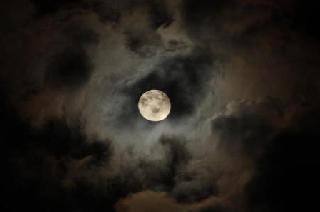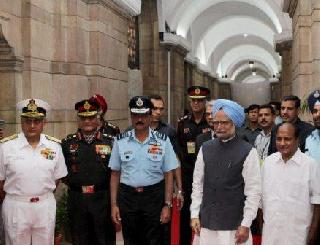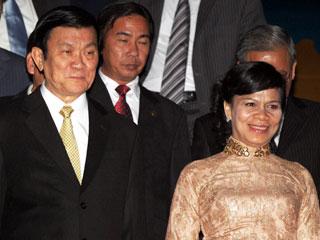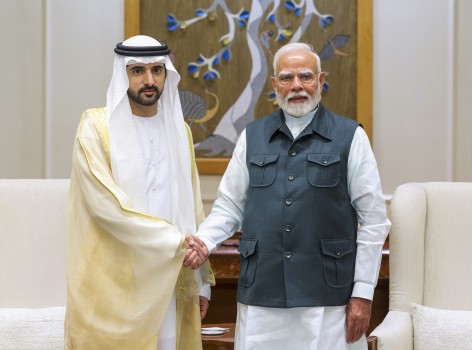
NEW DELHI (PTI): Stargazers will witness the smallest and faintest full moon of this year as the celestial body reaches the farthest position from the earth Wednesday.
Wednesday's full moon will appear around 12.5 per cent smaller and its light intensity 20 per cent lesser as compared to a 'supermoon' (the biggest full moon).
"The moon will be farthest from the earth Wednesday and, therefore will appear smallest," Director of Science Popularisation Association of Communicators and Educators (SPACE) C B Devgun said.
"The moon will be 4,06,434 km away from earth, an event known as apogee. In astronomy, the two extremes of an ellipse are called 'apogee' (far away) and 'perigee' (nearby)," Devgun said.
Popularly known as Hunter moon, the earth's satellite will be best seen just after moon rise.
The biggest and brightest full moon of the year was a special phenomenon this year as it came closest to the earth in 18 years. The supermoon was around 14 per cent bigger and 30 per cent brighter as compared to other full moons.
"Tomorrow night we will have the astronomical opposite of the supermoon. The supermoon was 3,56,577 km from earth but tomorrow's moon will be almost 50,000 km more farther away from us as compared to its closest approach in March," Devgun said.
 Previous Article
Previous Article Next Article
Next Article












The Indian Air Force, in its flight trials evaluation report submitted before the Defence Ministry l..
view articleAn insight into the Medium Multi-Role Combat Aircraft competition...
view articleSky enthusiasts can now spot the International Space Station (ISS) commanded by Indian-American astr..
view article